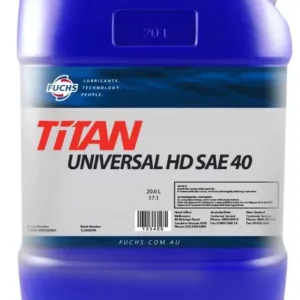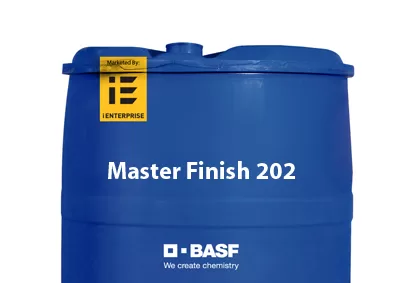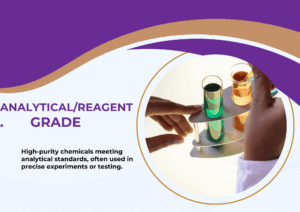Uses of glass amber bottles
Chemical Storage:
Amber bottles are commonly used to store light-sensitive chemicals, reagents, and solutions in laboratories. This is especially important for substances that can degrade or undergo chemical reactions when exposed to light.
Pharmaceuticals:
In the pharmaceutical industry, amber bottles are used to store light-sensitive drugs, active pharmaceutical ingredients (APIs), and formulations. This helps maintain the potency and stability of the medications.
Biological Samples:
Amber bottles are utilized to store light-sensitive biological samples, such as DNA, RNA, enzymes, proteins, and other biomolecules, which can be vulnerable to degradation by light exposure.
Essential Oils and Fragrances:
In the cosmetic and perfumery industries, amber bottles are commonly used to store essential oils and fragrances, which can lose their potency and aroma when exposed to light.
Photographic Chemicals:
In photographic darkrooms, amber bottles are used to store light-sensitive photographic chemicals and solutions to prevent their degradation and maintain their effectiveness.
Food and Beverage Industry:
Amber bottles are used to package light-sensitive food and beverage products, such as certain oils, herbal extracts, and craft beers.
Environmental Samples:
In environmental testing and research, amber bottles are used to collect and store light-sensitive water and soil samples, preserving their chemical composition for analysis.
Analytical Standards:
Laboratory glass amber bottles are also employed to store analytical standards and reference materials, ensuring their accuracy and stability over time.
Research and Development:
In various research settings, amber bottles play a vital role in preserving the integrity of light-sensitive substances during experiments and investigations.
Chemical Reactions:
During chemical reactions that are sensitive to light, amber bottles are used as reaction vessels or storage containers to protect the reactants or products.









